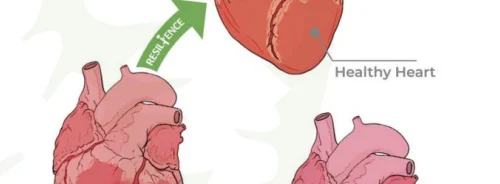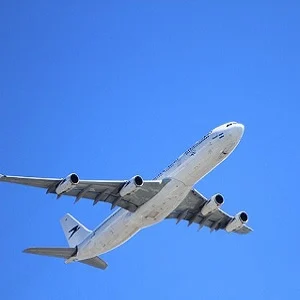New guidelines for dealing with in-flight emergency of cardiac arrest in a passenger or crew member were proposed at the Euroanaesthesia Congress in Geneva this year. The guidelines were created by a task force led by Professor Jochen Hinkelbein, University of Cologne, Germany and President of the German Society for Aerospace Medicine (DGLRM).
Nearly 3 billion people travelled by commercial air in 2016. Estimates suggest that between 1 out of 14,000 to 1 out of 50,000 passengers will experience acute medical problems while on such a flight. Cardiac arrest accounts for 0.3% of such emergencies and is responsible for 86% of in-flight events that result in death.
This number is quite high and despite this high frequency, to date there were no specific guidelines for the treatment of in-flight cardiac arrest (IFCA). That is why the DGLRM task force has developed a guideline to treat IFCA. Their recommendations include:
- Emergency equipment should provided and its location should be mentioned in the pre-flight safety announcement.
- An electrocardiogram (ECG) should be available for patients with cardiac arrest; automated external defibrillators (AEDs) should be available on all planes.
- Help should be requested as soon as possible by an onboard announcement after identification of a patient with cardiac arrest. The announcement should state there has been a suspected cardiac arrest and also the location of the emergency equipment.
- Two-person CPR is considered optimum and should be performed if possible; the crew should be trained regularly in basic life support, ideally with a focus on CPR in aircraft.
- The plane should be diverted immediately if the patient has a return of spontaneous circulation.
Source: ESA
Image Credit: Pixabay
Latest Articles
#ESAGeneva, In-Flight Cardiac Arrest, IFCA
New guidelines for dealing with in-flight emergency of cardiac arrest in a passenger or crew member were proposed at the Euroanaesthesia Congress in Geneva this year.






